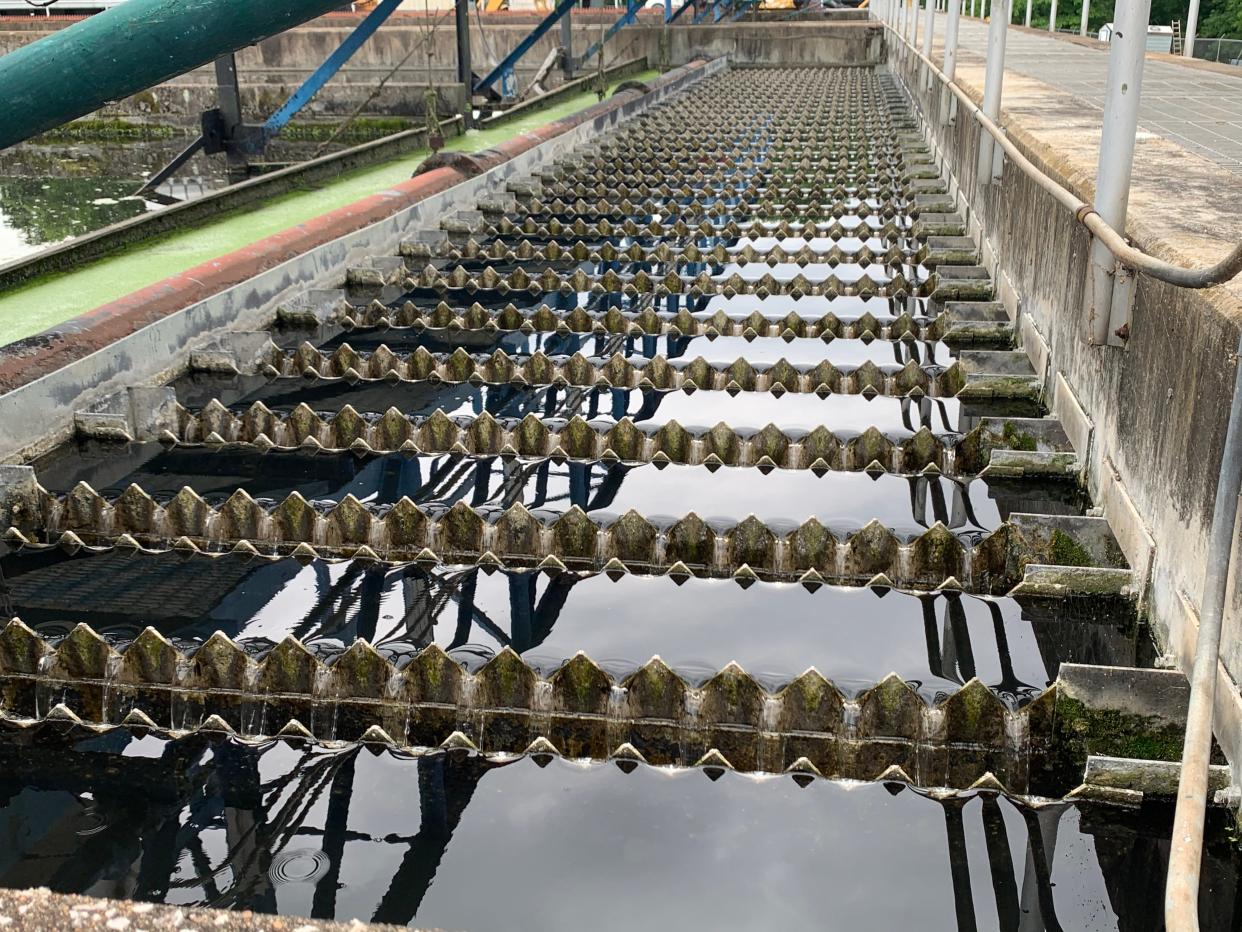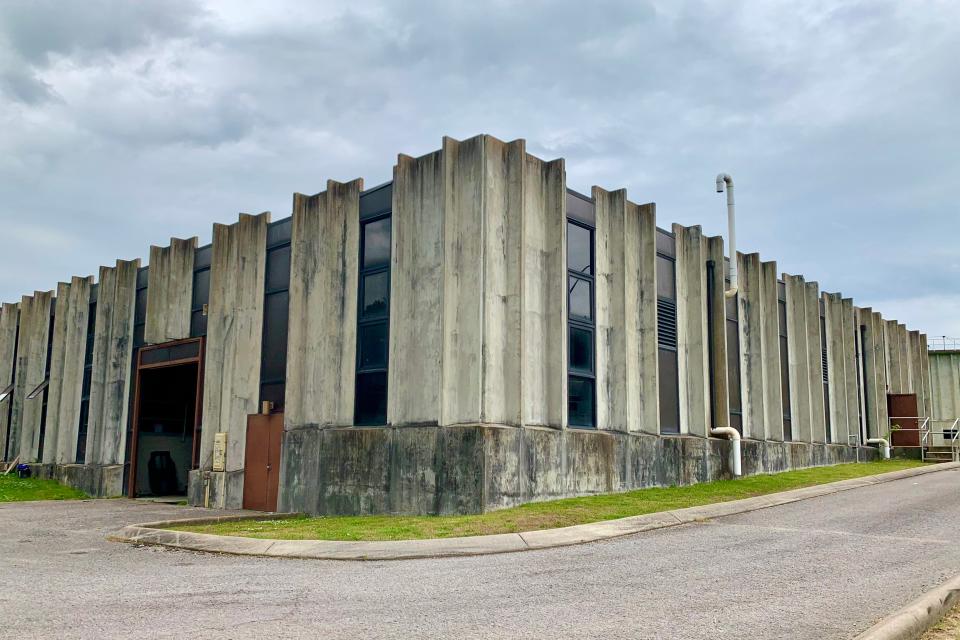Council to vote on Bear Creek sewer capacity study to combat area's growth

As growth continues to expand along the Bear Creek Pike corridor, including multiple neighborhoods and road projects, the city is now working to determine whether it has sufficient sewer capacity.
Columbia City Council will vote this week on an $80,000 sewer capacity study, which would be conducted by JR Wauford & Company along the Bear Creek sewer-shed, as well as the sewer-shed at Freehand Lane. The idea, according to a city staff report, is to determine if upgrades would be needed to the area's sanitary sewer infrastructure to "remain ahead of the continued growth.
"This would encompass the interstate and all the way down Bear Creek Pike to the Bear Creek pump station," Wastewater Director Donnie Boshers said. "We are trying to stay ahead of the game, and doing this evaluation study will determine what upgrades need to be made, what the potentials are for the area so we can stay ahead of the growth out there."
Boshers added that the Freehand Lane study would also include the area near Spring Hill High School at the city's northern border.
"It's the same reason [for Bear Creek], that due to the growth up there, the smaller lines that were put in early on will have upgrades that will need to be done also," Boshers said. "We are not in any dire situation right now, but this is all going to keep us ahead of the game for growth in the future."

Mayor Chaz Molder commented on the importance of studies like this, especially being in a community where rapid growth will only continue for the foreseeable future.
"I appreciate this, because I think it's an example we can cite. We can't be content and satisfied with where we are, but continue to try and look to the future by planning for what's to come," Molder said.
In other sewer news, the council will also vote on a $28,000 contract with Matheson Gas Company to remove liquid oxygen units from pump stations at Carter's Creek Pike and Theta Pike.
City Manager Tony Massey explained the Metheson contract dates back to 2008, with the liquid oxygen units installed to service the city's Saturn line, and that the decision to remove them was, again, tied to growth in the area.
"At that time, there was not a lot of customers attached to that line, and so our concern was that, with a stagnant sewer line, over a period of time hydrogen sulfide gas would build up and start to erode and deteriorate the line," Massey said. "Today, there are enough customers on that line, and so we really don't need the service anymore."
Boshers added that the Wastewater Department had not been using the units for quite some time, but was still paying a monthly fee of $1,900 to have them remain.
"It'll eventually pay for itself to have them removed," Boshers said.
Both items will appear as part of the council's consent agenda during its upcoming regular meeting, scheduled at 5:30 p.m. Thursday at City Hall, 700 N. Garden St.
This article originally appeared on The Daily Herald: Columbia City Council to vote on Bear Creek sewer capacity study

